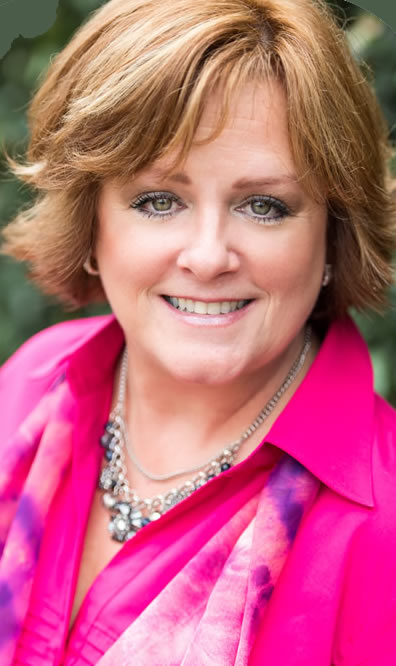Up in Smoke

Photo Credit: Edda Pacifico
One patient fights the stigma of blame tied to lung cancer and smoking
At 47, Mary Jo Grand was a busy wife and mother of two kids in college. She worked as a fundraising event manager for the University of Michigan Rogel Cancer Center. She had quit smoking more than 15 years ago.
Mention the word smoking and what cancer automatically comes to mind?
Indeed, Grand received a stage IV lung cancer diagnosis after discovering a small lump above her right collarbone. Even worse than the grim statistics, Grand understood the reality of having a cancer with a stigma: people diagnosed with lung cancer brought it upon themselves.
"It is abjectly unfair," says Gregory Kalemkerian, M.D., director of the U-M Multidisciplinary Lung Cancer Clinic. "When someone has a heart attack, no one asks them about how many hamburgers they ate. As health professionals, we are trained to care for people regardless of how they got into their predicament."
Growing up in a time when smoking was heavily promoted and glamorized, Grand recalls family videos of her large family. Virtually all the adults smoked while the kids ran around and played in a cloud of smoke.
"Other cancers don't get labeled this way," Grand says. "Lung cancer is the least funded of the major cancers in terms of research dollars because of the stigma. Nearly 80 percent of new cases are former and never smokers. It's time to stop blaming and start funding."
Kalemkerian encouraged her to look beyond the stigma and the statistics to the treatment options available. She joined a clinical trial for a new combination of chemotherapy.
"Dr. K.'s way of handing it was very different," Grand says. "He said, 'Look, I have to give you the statistics, but you are not a statistic. I think I can give you a lot more time, Mary Jo.'
He reminded her that treatment options for lung cancer were evolving, giving her hope the disease could be managed. With success in the clinical trial, perhaps new options would be available.
Grand underwent 11 rounds of chemotherapy. The infusion nurses, she says, were sympathetic and understanding, giving her a sense of confidence. She exercised and changed her diet to keep her immune system strong.
As the chemo worked against the cancer, Grand worked against the stigma. She created an event called the MJ Grand Breathe Easy 5K Walk & Dine fundraiser to benefit lung cancer research at the University of Michigan. Over two years, the event raised close to $40,000.
"I wanted to offer others battling this disease, their caregivers and those who wanted to honor loved ones who lost their battle a place to come where they could benefit from being part of an extended community that offered compassion and support.”"
Grand's participation in the clinical trial was a success. The drugs eradicated the cancer in her lymph nodes, making her a surgical candidate for the small tumor on her lung. She underwent surgery in 2013.
Six years after diagnosis, she has no evidence of disease.
Continue reading the Spring 2015 issue of Thrive.
